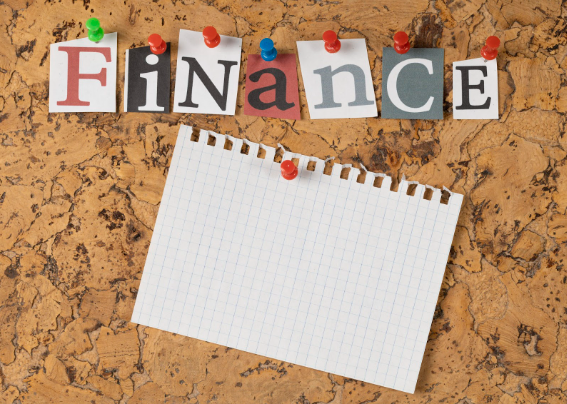
What NOT to do Before Filing Bankruptcy
Do NOT do These 6 Things Before Filing Bankruptcy
It can be tempting to hide debts or assets, transfer assets, or rack up more debt but each of these instances can ruin your chances of a successful bankruptcy.
Do Not Rack up Credit Card Debt
You are filing bankruptcy to get help with the debt you have. You’re throwing in the white flag and asking for help. Most people will get it if they do everything right.
One way to derail your efforts is to rack up credit card debt or take out loans in the months leading up to your bankruptcy. If your creditors can prove you purposely took out the loans or racked up the credit card debt with the intention of including them in the bankruptcy, you might not be able to discharge them in your case.
Do Not Take out a Home Equity Line of Credit

Your home is typically protected when you file bankruptcy assuming there isn’t a lot of equity in it and it’s your primary residence. However, if you use up your home’s equity and take out a home equity line of credit in the months leading up to the Bankruptcy, it could work against you.
You’ll be questioned about what you did with the proceeds and it could affect the outcome of your bankruptcy proceedings depending on what you did with them.
Do Not Hide your Assets
If you have assets, you must disclose them. When filing a bankruptcy they will look back up to 5 years regarding your assets. If you sold or transferred any assets in that time, you may need to explain why you sold them and more importantly, what you did with the proceeds.
If you used the proceeds for something other than paying off debts you’re trying to include in the bankruptcy, it could work against you. The key is to be open and honest about all assets and don’t try to transfer anything, especially right before the Bankruptcy,.
Do Not Cash Out your Retirement Funds to Pay off your Debts
It might be tempting to tap into your retirement funds in an effort to avoid filing bankruptcy. While it’s a nice thought, it’s unnecessary. When you cash out your retirement funds you are robbing your future self of funds to take care of something from your past
Typically, retirement funds are off-limits for creditors when you file a bankruptcy. The only funds that might be at risk are those you contributed in the last 12 months. Don’t panic and clear out your retirement funds just to make ends meet.
Do Not Omit Certain Debts
If you’re filing bankruptcy, you must include all of your current debts. Omitting debts isn’t telling the truth and you promise to be 100% truthful when filing bankruptcy. All debts either owned yourself or with a joint creditor must be reported.
Let the bankruptcy court decide which debts can or cannot be discharged, but for the most part, if you’re completely honest, they will be discharged.
Do not Skip Filing your Taxes
You must still file your taxes if you’re filing bankruptcy. Your tax returns are a key piece of information used in determining your earnings and your capability of satisfying your debt. Without your current tax returns, a proper Bankruptcy, the case can’t be conducted.
How Does Filing a Bankruptcy Work?
Now that you know what not to do when filing bankruptcy, here’s how Bankruptcy works and what you should expect.
Get a Consultation
Before you decide to file bankruptcy, get a free consultation from EmpireOne Credit to know if filing bankruptcy is the right choice. We’ll go over all of your options and decide which is the best way to proceed. We have your best interests in mind and will show you the impact of each of the options at your disposal so you can make a decision.
If You Decide on Filing Bankruptcy
Next, you’ll sign the necessary bankruptcy paperwork. We’ll walk you through each step and make sure you understand what you’re signing. The paperwork includes statements of your assets and liabilities and your intention to file bankruptcy.
Creditors Stop Calling
The best part of Bankruptcy is when the creditors can no longer collect, and collection calls stop immediately. No more worries of a wage garnishment or the threat of being taken to court. All collection efforts halt as you go into the bankruptcy duties.
Completing your Bankruptcy Duties
Your bankruptcy duties include attending two (2) credit counselling sessions, reporting your budget sheets monthly, and making your agreed-upon payments.
The process lasts approximately 9 months in a first-time bankruptcy unless there are circumstances where an examination with the Official Receiver takes place and addresses any issues or concerns. This is rare, but could happen to slow down and/or stop a discharge.
Final Thoughts
We know that filing for bankruptcy can be scary, but we are here for you every step of the way. Our certified credit counsellors, who are professionals, will help you make sure Bankruptcy is the right choice for you.
If we decide it’s in your best interest, we’ll help to walk you through the process step-by-step. You can ask us any questions along the way. Our professionals help our clients with sympathetic ease, making the process as simple as possible for you.
If you’re tired of drowning in debt and need a way out, contact us today.





